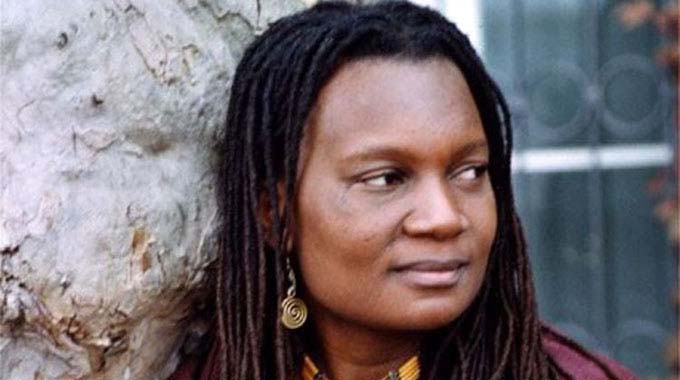Remembering Vera the historian: A tribute

Brain Garusa Literature Today
In the introduction to Charles Mungoshi: A Critical Reader, Professor Zodza Motsa made this submission: “Certain members of society may not even believe that literary creations can create and narrate history from alternative sites as well as authorised versions of literary history that can interrogate official historical accounts.”
This submission is equally applicable to one of Zimbabwe’s literary giants, Yvonne Vera. She has a huge literary corpus to her name, which to me can be read along the grand narrative of our national history since the late 1900s up to the present day. Her narrative doesn’t read our history in a saintly manner. Vera views history as a lesson we can learn from as we realise the mountainous task in our struggle beginning at individual till we reach the national level. History becomes a book from which we read about our mistakes, our successes as we commit to achieve our goals. Thus, some of Vera’s literary imaginations read into the soul of the Afrocentric vision.
For the purposes of this paper, focus is on Vera’s Nehanda (1993). Although published in 1993, a year after my birth, this paper focuses on one of the most critical phases in the history of the ‘House of Stone’. Nehanda is named after the legendary heroine of the earliest struggle against settler imperialism.
While in the grand-narrative of Zimbabwe’s official history and national festivities Nehanda is read or appropriated into the history where men are the main protagonists, Vera chose to centre her story on women as brave main actors. The characters are great women of substance who have great influence in the social, religious, political as well as military organisation of the state. This is a lesson for the present which calls for the total participation of women in policy making and implementation in every facet of the Zimbabwean community.
Vera’s literary injection drives the reader to interrogate the past as her characters conclude that, “We extended too long our hand to the stranger. Now there is work to be done, and it must be done quickly. Together, with our spear and our hard work, we must send the enemy out of our midst” (p61).
The characters are preoccupied with the idea of reclaiming their freedom. However, to achieve that, there are serious issues to be addressed. Amongst such issues is the idea to acknowledge that regardless of the determination of the colonialists to plunder and conquer the land, we have our own pitfalls that helped the insatiable appetite of the imperialists.
Yes, the imperialists had an unquenchable desire for the vast opportunities presented by the colonial enterprise in the form of land, minerals, markets, investment and labour, but we were also blinded by our generosity that made us complacent to the dangers posed by foreign traders, missionaries and their erstwhile brothers. The present generation with its high level of literacy should also be able to read the moves and desires of whoever we consider our friends and balance it with our aspirations so that we might not fall into the same trap.
Freedom is meant to be safeguarded and defended jealously as symbolised by the spear. Hard work should also complement the process of defending our sovereignty. It ensures us to be self-reliant and self-sustaining.
Nehanda bids those in the struggle not to envy and touch anything belonging to the stranger except guns. This selective approach to what to take and leave in the struggle is of ideological importance to the reader. She strictly orders them to only take “things that will protect you, not things that will destroy you” (p. 79).
After the clash of civilisations, Nehanda is aware that a blind copy and paste of their ideas and practices is dangerous to the majority’s existence.
Regardless of the commitment the people have to the struggle, Vera poses a very important question that allows us to ponder in our severe struggle against domination and oppression. One of the characters asks, “Shall we remain whole after so much bloodshed? We are a peaceful people. Will peace once again return to us?” (p. 79).
This is a profound question in our historical enquiry. We should be aware not to be entangled in violent cultures that are born out of the violent reaction to the violent act of colonization. We should strive to transcend that violence together so as to be whole.
It’s also safe to conclude that Vera’s Nehanda was ahead of the times. Guided by the history of the struggle against the injustices of colonial dispossessions, Vera writes: “Spread yourselves through the forest and fight till the stranger decides to leave. Let us fight till the battle is decided … There is no future till we have regained our lands and our birth” (p. 66). The restoration of land is symbolic of a rebirth of the people. Vera foresaw the landmark reclamation of the land in the 2000s by the black majority in Zimbabwe.









Comments